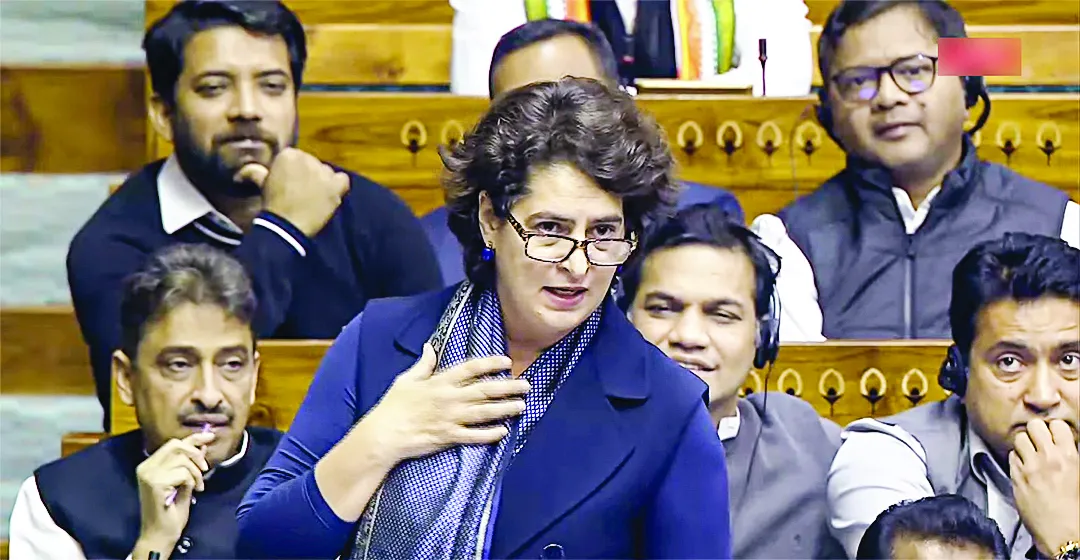Ever since the debates on introduction of GST started, it has always been boasted as a tax which would eliminate the cascading effect of multileveled taxes levied by executive. The idea was to get away with ‘tax on tax’ through a mechanism which would allow ‘seamless flow of credit across goods and services’. It, however, has not been as merrier as was portrayed. Beginning with the written law, coupled with injudicious interpretations by law implementing authorities, road to avail ‘input tax credit’ (ITC) has been arduous. Law enforcing agencies have pressed upon the end consumer or beneficiary of a supply transaction to check infiltration in the supply chain, despite of him having all parameters verified in accordance with the statue. In support of their claims, agencies harp upon the provisions of law which casts the burden of proof on the recipient of supply with respect to eligibility of ITC. Resultantly, rigorous documentation synced through online portal appears to be insufficient to avail ITC, which otherwise is unified to the business transactions of a recipient of supply.
Recently, Supreme Court while dealing with a Karnataka VAT matter1, was faced with this legal issue as on whom the burden to prove eligibility of ITC would lie, if a purchasing dealer had tax paid invoices and acknowledgments of payments from the selling dealer. Challenging the order of the High Court, State argued before Supreme Court that the agencies cannot recover tax arrears from a seller who is not registered or has not furnished tax returns. Merely by making payments through banking modes, purchasing dealer cannot be relieved of its responsibility in law, as seller has not deposited that tax to the revenue exchequer. Supreme Court, referring to the provisions of Karnataka VAT Act regarding burden of proof for availing ITC, categorically held that mere production of invoices or payment receipts would not serve the requirements of statute listed for discharging burden of proof for availing ITC by a purchasing dealer. The purchasing dealer, claiming ITC, must prove beyond doubt the actual transaction, which can be done by furnishing the name and address of the selling dealer, details of the vehicle which delivered goods, payment of freight charges, acknowledgment of taking delivery of goods to establish actual movement of goods, in addition to tax invoices and particulars of payment. While dealing with this issue, Supreme Court weighted the concept of burden of proof over the principle of ‘lex non Cogit Ad impossibilia’ i.e. law does not compel a person to do impossible.
The ruling of the Supreme Court certainly emphasises upon the need to prove the transaction by the recipient of supply, which would be squarely applicable to GST in view of the similar provisions in the statute. Investigations in GST on account of fake invoicing would certainly be fuelled backing on the ratio of Supreme Court ruling. Concomitantly, there is a brighter side to this. GST law is predominantly implemented through the online portal wherein there is an automated mechanism to reconcile inward purchases of a recipient with outward supplies of its supplier. Details of the parties to a transaction are readily available and verifiable. To go with this, various checks are in place to ensure deposit of tax collected by a person on its outward supplies, non-adherence to which would result in adverse consequences. GST law further has unique concept of ‘e-way bills’ where prior to any movement of goods from a location of supplier to its recipient is captured and shared on real time basis. These parameters appear to be in sync with Supreme Court ruling. The recipient of supply of goods would be in a reasonably finer position to establish the transaction of supply and discharge its burden of proof, had these parameters are complied with. However, the challenge would rise for the recipient of supply of services as part from tax invoice and payment details to the supplier, a recipient would not have any tangible source to establish the inward supply of services given its very intangible nature. In such a scenario, supporting documentation would be of higher importance ranging from underlying service agreement, communication trail with supplier of services along with tangible deliverables. Corroborative evidence would be the ultimate recourse in the event of default of by supplier. It would, State of Karnataka v. Ecom Gill Coffee Trading Pvt. Ltd. Civil Appeal No. 230/2023, however, still be tried against the confession statements of non-compliant supplier or an unavailable supplier.
At the same time, law enforcing agencies too must take judicious approach. The law has always worked on the principle of ‘ei incumbit probatio qui dicit, non qui negat’ i.e. the burden of proof is on the one who declares, not on the one who denies. A recipient of supply of either goods or services or both, if had complied with given conditions of statue and has confirming documentation, as mandated by rules, must not be framed on basis of statements of a supplier or non-availability of supplier at the stage of investigation. Clarifications issued by CBIC do not call for recovery of tax dues from a person where his active role in an alleged fake invoicing transaction is not established by documentary evidence. It, would, however, be interesting to see as to how the law enforcing agencies interpret and use Supreme Court ruling in Karnataka VAT issue, especially while dealing with recipient of supply of services. On the whole, ITC availment in GST is an uphill battle taking GST far away from being a ‘good and simple tax’.

Akhil Gupta is a lawyer and tax jurist, working as a litigator on tax and corporate law matters.























